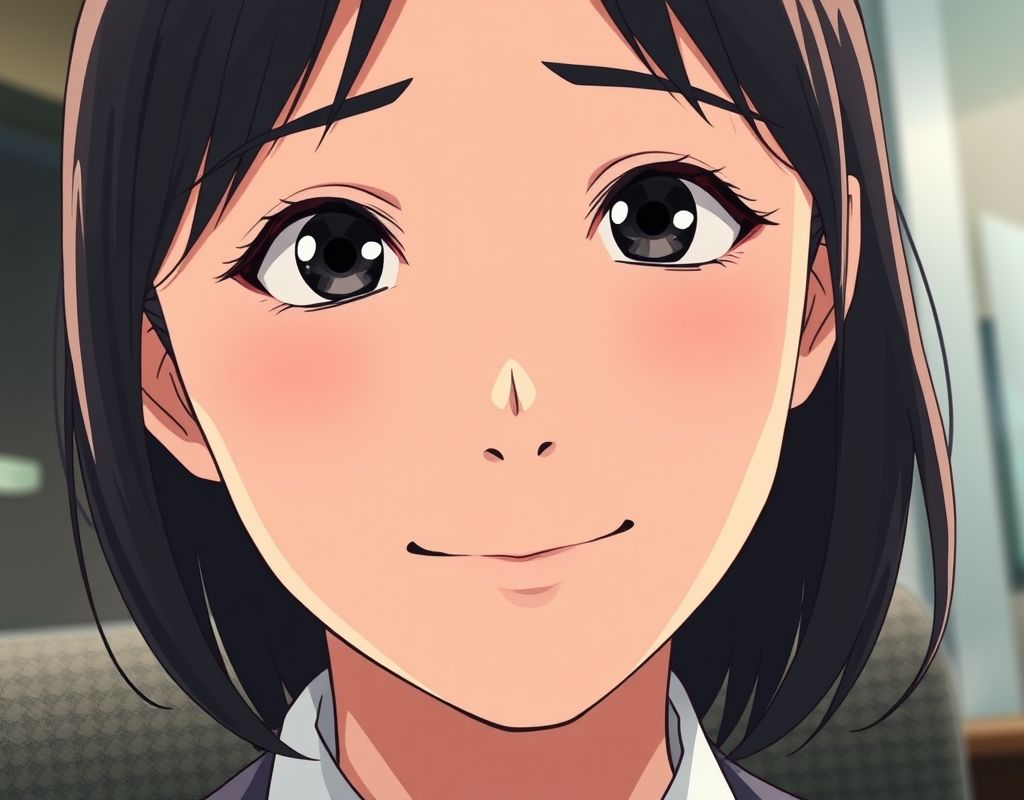
The social smile: When the Japanese smile without being happy
Decoding the Social Smile (愛想笑い - Aisowarai)
Have you lived in Japan long enough to notice this? You're telling an unhappy story, or you've accidentally said something a little 'off-key', and the person you're talking to... smiles? 😮
When you first encounter this, you might think they're mocking you or aren't interested. But no, it's very likely 愛想笑い (Aisowarai) – the social smile, an extremely common and subtle communication tool of the Japanese.
This isn't a fake or insincere smile, but a social skill to maintain harmony (和 - wa).
🤔 Why do they do that?
Japanese people use 愛想笑い in many situations, mainly for these 3 reasons:
-
To maintain harmony, avoid conflict 🙏 Instead of showing annoyance, confusion, or directly contradicting someone, a gentle smile will ease the situation, helping both sides avoid falling into an awkward position. It's like a silent message: "It's okay, let's move on from this and continue."
-
To fill the silence 😅 When you don't know how to react to a difficult story, a complaint, or a bad joke, 愛想笑い is a lifesaver. It shows that you're still listening and participating in the conversation, even if you don't know what to say.
-
To express empathy gently 😊 Sometimes, in response to someone else's bad news, being too serious can add to their pressure. A social smile accompanied by a nod can mean: "I understand your predicament, I'm listening." It's a form of Aizuchi (responsive nodding) through facial expression.
💡 A tip to "read" the smile
How do you distinguish between a real smile and a social smile? Look at their eyes! There's a saying 「目は口ほどに物を言う」 (The eyes say more than the mouth).
- A real smile: The eyes will crinkle, with crow's feet at the corners (目が笑っている - the eyes are smiling).
- 愛想笑い: Usually only the mouth moves, while the eyes don't (目が笑っていない - the eyes aren't smiling).
Conclusion
愛想笑い is a unique communication culture, showing a preference for harmony and the feelings of others. Next time you see a Japanese person smile in a "contradictory" situation, don't be quick to judge. It's very likely they're using a superior social skill to help the conversation flow more smoothly!
Thẻ liên quan:
Lan tỏa kiến thức
Chia sẻ những điều hay ho với bạn bè